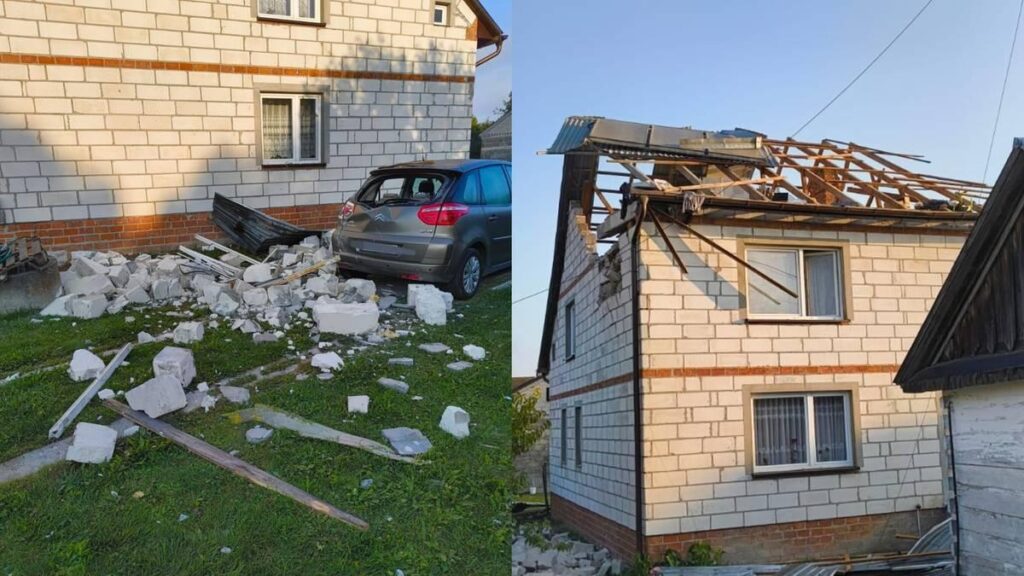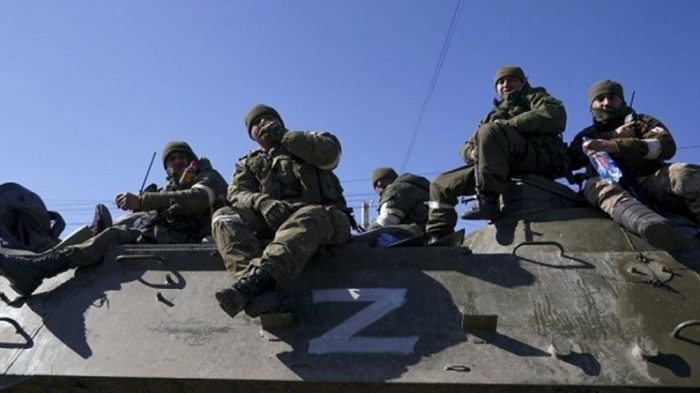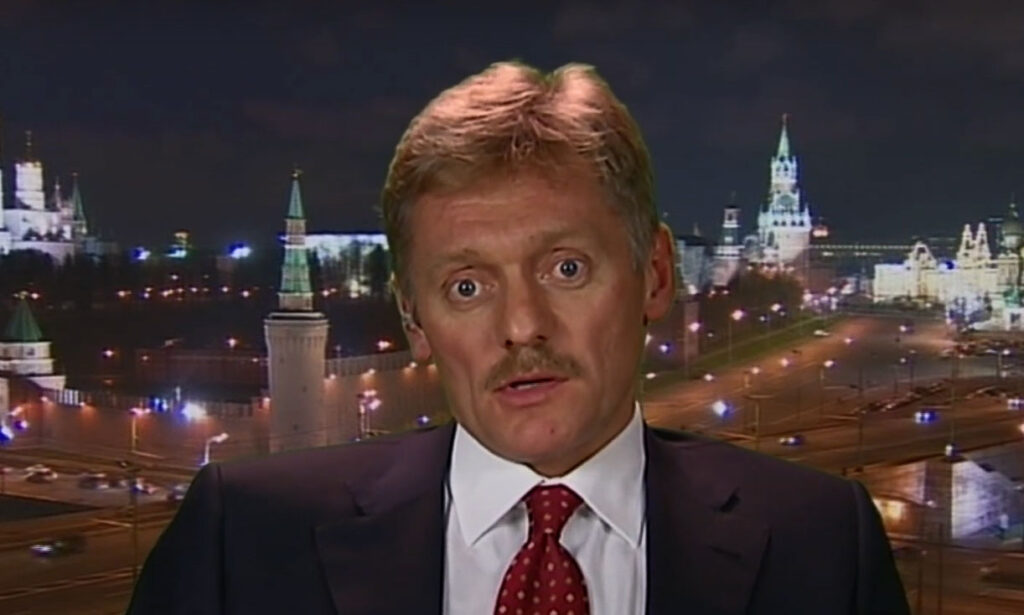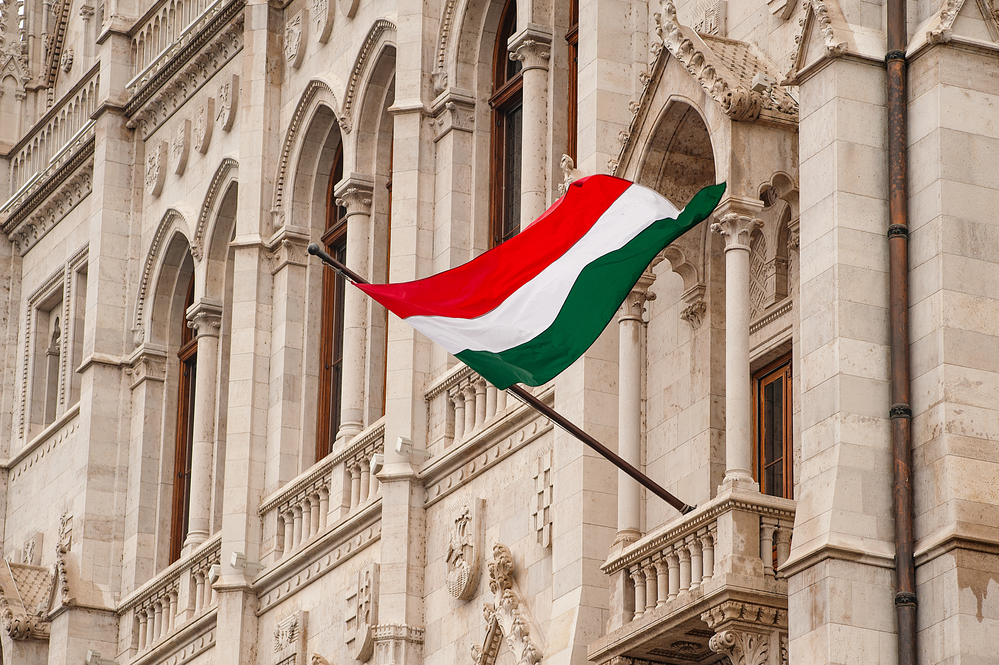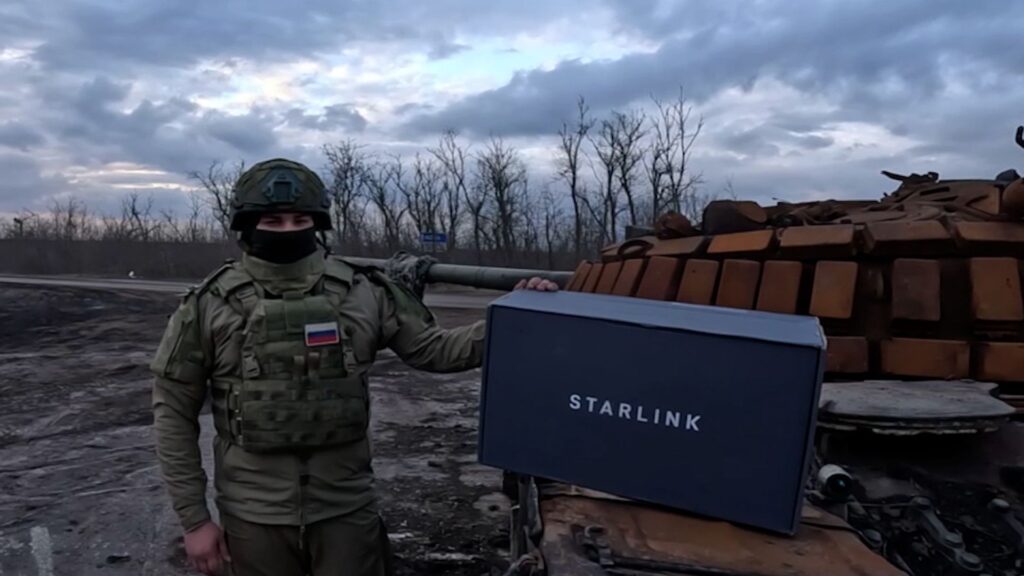ISW: Kremlin escalating rhetoric, threatening NATO states in parallel with the kinetic escalation

The Institute for the Study of War reported on 15 September that Russian officials are intensifying threats against NATO member states following recent drone incursions into Poland, with top Kremlin figures warning of direct confrontation over Western support for Ukraine.
Russian Security Council Chairperson Dmitry Medvedev claimed on 15 September that a “no-fly zone” over Ukraine permitting NATO aircraft to shoot down Russian drones would “mean only one thing – a war between NATO and Russia,” according to ISW analysis of his Russian- and English-language channels.
Kremlin Spokesperson Dmitry Peskov explicitly said on 15 September that “NATO is at war with Russia” and “NATO is de facto involved in” the war in Ukraine by providing support to Ukraine.
The threats target European financial measures against Russia. Medvedev warned that Russia will “go after” EU states providing Ukraine with loans backed by Russian assets in “all possible international and national courts.” He added that “in some cases, [Russia will] bypass court procedure” – what ISW characterizes as a possible threat to use kinetic action against EU states.
Peskov condemned European efforts to seize frozen Russian assets, stating that “such steps will not go unnoticed,” according to the analysis.
ISW assesses that these statements aim to prevent NATO and European states from defending themselves and Ukraine against Russian provocations, including the 9-10 September drone incursion into Poland.
ISW notes that Kremlin officials routinely invoke narratives similar to those Russia used to justify its Ukraine invasions – including territorial claims and false characterizations of Euromaidan as a “coup” – when threatening neighboring states, including NATO members.
Meanwhile, Russian and Belarusian forces continued Zapad-2025 joint military exercises on 15 September, implementing tactical lessons from Ukraine operations, according to the Russian Ministry of Defense. Forces conducted training at Borisovsky and 227th Combined Arms training grounds in Minsk Oblast, Kaliningrad Oblast, and the Barents Sea.
The Russian MoD confirmed that Leningrad Military District elements practiced deploying nuclear-capable Iskander-M ballistic missile systems in Kaliningrad Oblast, which borders NATO members Lithuania and Poland. The nuclear-capable Arkhangelsk submarine practiced launching missile strikes against naval targets, while Northern Fleet elements struck mock enemy submarines in the Barents Sea.
Russian Tu-22M3 strategic bombers patrolled “the neutral waters of the Barents Sea” for four hours, the MoD reported. The Belarusian MoD stated that representatives from 23 countries, including the United States, Hungary, and Türkiye, observed the exercises.
ISW highlights that Russian and Belarusian forces practiced maneuvering with all-terrain vehicles to reduce crossing times in open areas and decrease vulnerability to first-person view drone strikes – tactics developed from Ukraine battlefield experience. The exercises allow Russia to institutionalize combat lessons outside active combat zones while improving joint interoperability with Belarus.
The analysis warns that Russia is using Zapad-2025 to practice potential kinetic provocations against NATO states. Nuclear capability exercises occurred in Barents Sea waters bordering Norway and in Kaliningrad Oblast near Lithuania and Poland.
EU Commissioner for Defense and Space Andrius Kubilius said on 15 September that 40% of European flights face jamming – likely from Russia. ISW reported that Russian officials previously used Kaliningrad for GPS jamming across Europe and reportedly constructed a military-grade Circularly Disposed Antenna Array 25 kilometers from the Polish border.
The report concludes that Zapad-2025 provides Russia and Belarus a platform to refine escalation techniques that serve as pressure against NATO.
